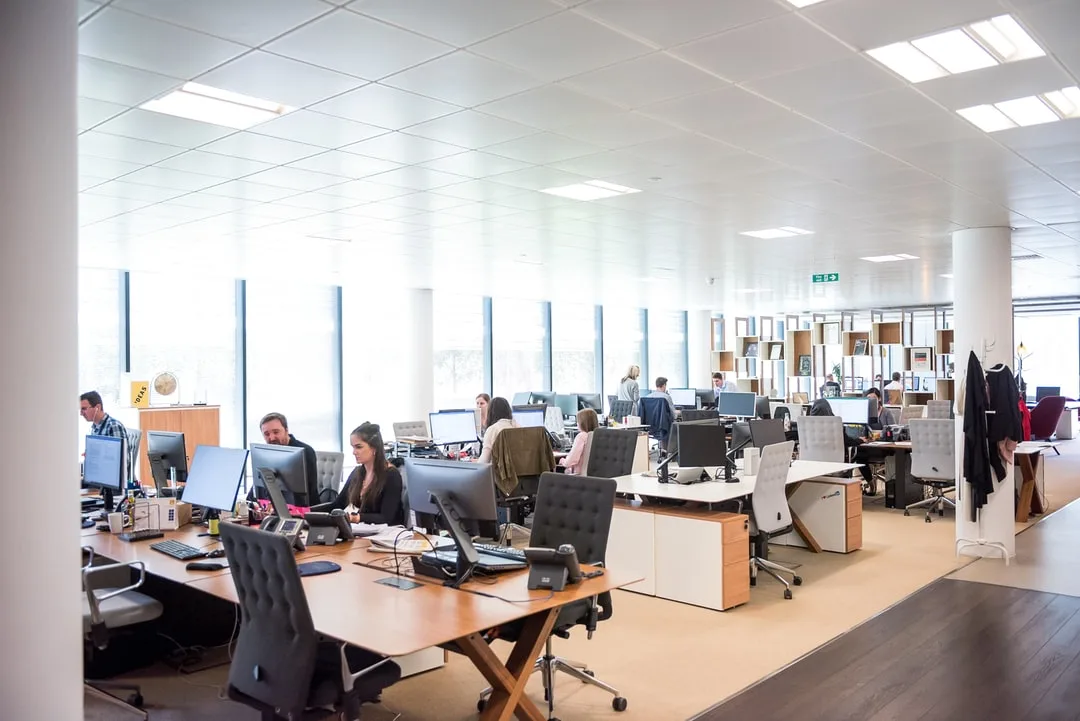Toxic positivity, often masked as a well-intentioned approach to maintaining a cheerful workplace, can inadvertently stifle genuine emotions and create a culture of dismissal. While positivity and optimism have their place in fostering a supportive environment, an overemphasis on positive thinking can lead to feelings of isolation and inadequacy among employees who may be struggling.
Recognizing and addressing this issue is crucial for maintaining a balanced workplace where all feelings are valid. In the following sections, we will explore effective strategies to combat toxic positivity, promoting a healthier and more open space for emotional expression and support.

Toxic Positivity: What It Is and How to Identify It
Toxic positivity can be defined as the excessive or insincere display of positivity, often at the expense of acknowledging genuine feelings. This can manifest in various ways, such as dismissing negative emotions, pressuring others to only focus on the positive, or invalidating someone’s struggles by saying “just be happy” or “look on the bright side”. The key is to recognize when this behavior becomes harmful and unproductive. For overcoming toxic positivity, we must first be able to identify it in ourselves and others. This may involve paying attention to the language we use and being mindful of how we respond to others’ emotions.
Model Vulnerability
Leaders and managers should set an example by being open about their challenges and emotions. Admitting personal struggles not only humanizes leadership but also empowers employees to do the same. When team members see their superiors embracing vulnerability, it creates a safe space for others to express their feelings, leading to a more authentic workplace atmosphere where individuals feel supported rather than isolated.
Implement Emotional Check-Ins
Regular emotional check-ins can serve as a valuable tool for gauging team sentiment and promoting mental well-being. These sessions can be structured or informal, allowing employees to voice their feelings or stresses on a regular basis. By prioritizing emotional health alongside performance metrics, companies send a clear message that mental well-being is just as important as productivity, reinforcing a culture that values genuine emotional expression.
Offer Mental Health Resources
Providing access to mental health resources demonstrates a commitment to employee well-being. This may include workshops on emotional intelligence, counseling services, or mental health days. By equipping employees with tools to manage their mental health, organizations can help diminish the stigma around discussing feelings and challenges, empowering employees to seek support when they need it.
Shift the Focus to a Growth Mindset
Encourage a growth mindset rather than insisting on a constant positive outlook. Emphasizing the importance of learning from failures and setbacks can help employees view their challenges as opportunities for growth rather than weaknesses. This perspective shift allows for a more comprehensive understanding of personal and team dynamics, where all emotions—including discomfort—are integral to the learning process.
Celebrate Authenticity
Recognizing and celebrating authentic moments within the team can reinforce the importance of emotional honesty. Acknowledge achievements that come from overcoming challenges or supporting each other through difficult times. By highlighting these moments, organizations can cultivate a culture that values genuine connections and mutual support over enforced positivity, ultimately leading to a more cohesive and resilient team.

Combating toxic positivity in the workplace is essential for fostering a genuine culture of support and understanding. By embracing vulnerability, implementing emotional check-ins, providing mental health resources, promoting a growth mindset, and celebrating authenticity, organizations can create an environment where employees feel validated and empowered to express their true emotions. This not only enhances individual well-being but also strengthens team dynamics, leading to a more resilient and productive workforce.

Jessi is the creative mind behind The Coffee Mom, a popular blog that combines parenting advice, travel tips, and a love for all things Disney. As a trusted Disney influencer and passionate storyteller, Jessi’s authentic insights and relatable content resonate with readers worldwide.
